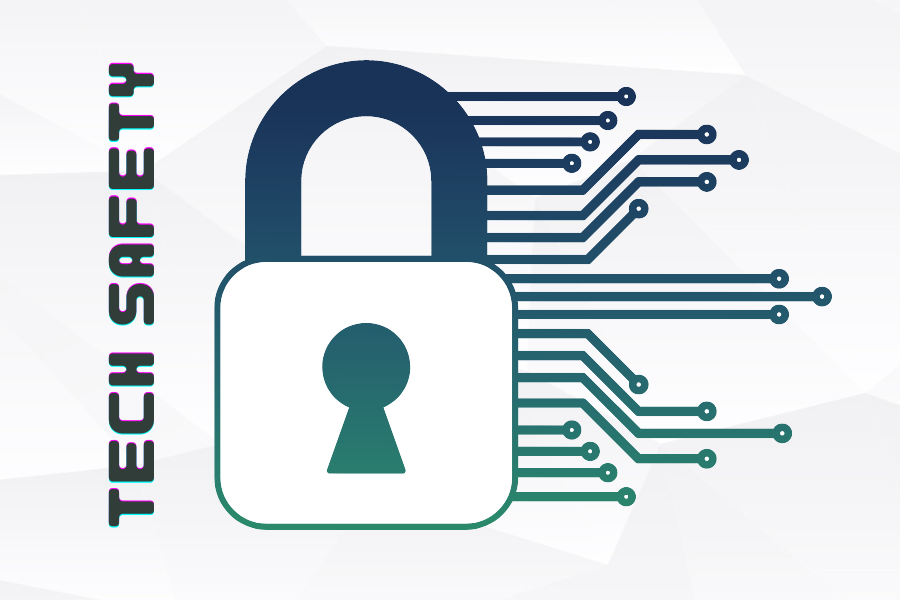By Jarren Ringle
Do you ever worry about someone stealing your identity? Or someone “hacking” into your phone and emptying your bank account? Do you see news stories about someone taking advantage of a lonely person?
Is there anything you can do (or not do) to make these things far less likely? The answer is yes… there are things you are doing or not doing that affect your tech safety.
We may read the following list and say… I’d never do that! Or I always do that! If so, let’s use this list as a refresher. Please note these items are NOT listed in order of importance.
- Keep your devices and apps updated. Some devices can perform updates automatically… many times overnight. Many updates fix security issues. If your device is too old to receive updates, you really should replace it. If you can’t afford it or don’t want to replace it, please be VERY careful how you use it.
- If available, use two-factor authentication (2FA) as part of a login step. Your bank, health portals, etc. probably all use 2FA. Do a quick web search to learn more about it.
- Use strong/complex passwords and do not reuse them. It’s OK to have a notebook with your passwords but keep it in a safe place in your house. Do not take the notebook anywhere! It’s better to have a password manager (application). Do your research and determine what works best for you.
- Be suspicious. Don’t click links in ads, emails, pop-ups, etc. If the email looks like it came from your bank, go to the bank’s website to handle any interaction.
- Microsoft, Apple, Google, Facebook, etc. will not call you unless you start the interaction. A pop-up saying the “help desk” sees an issue on your computer and they can help is not real. It is a trap and don’t take the bait.
- Don’t “unsubscribe” from something you never subscribed to. That subscribe button on the bottom of the email may be there just to tell the sender you are real. They can then sell your email to others.
- When installing an app, does it request permissions you don’t think it needs? For example, a photo editing app probably doesn’t need access to your contacts or calendar. Also, be wary of location sharing. Does the application need your location when you aren’t using it? A weather emergency app may work best if it always knows where you are, but a shopping app doesn’t.
- If you aren’t using an app you’ve installed, delete it. The more apps on your device the more possible issues you may have. Don’t delete the key/original apps that came with your device.
- Back up your photos, documents, etc. Many devices, like smartphones, have cloud storage. Using it is easy and additional storage is reasonably priced. If your device is lost or broken, you can retrieve things stored in the cloud.
- Control the physical access of your phone. Turn the smartphone lock function on. Yes, it adds a split second to log in, but it will slow down someone that steals your phone.
In summary, you are a major threat to your tech safety. What you do or don’t do can have a significant impact.
Be safe out there.
Jarren Ringle is a member of SourcePoint and a volunteer instructor. SourcePointers come to Jarren for tutelage on their tablets, laptops, and the most popular of all devices – cell phones. He teaches various technology classes throughout the year including one-on-one sessions and group classes. Jarren also volunteers at the Delaware County Office of Homeland Security and Emergency Management. With many years of project management experience in various technology fields, he enjoys helping others with technology.
Join Jarren in a one-on-one tech learning session at SourcePoint. Upon registration, please provide information on the device you will be bringing and what your questions are so that Jarren can be better prepared to help. Please register in advance at MySourcePoint.org/register or call 740-363-6677.



